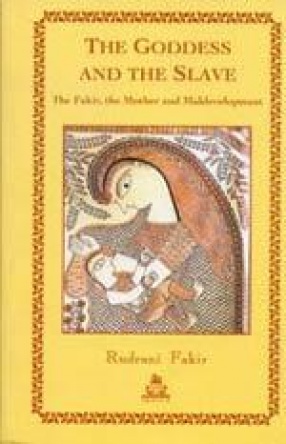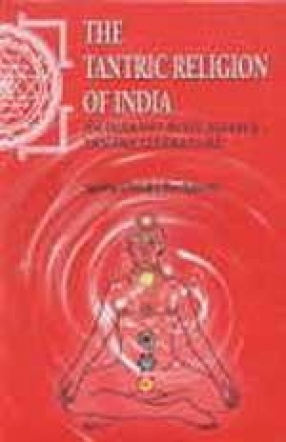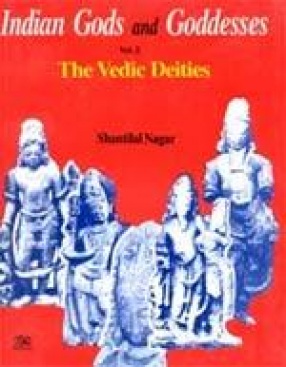The reality of modernization and globalisation has produced rapid and major changes on the physical and mental landscapes of everyone-often, those most affected see the most deleterious effects. The Goddess and the Slave stands amidst such a people, informed by their age-old wisdoms, and examines the reality of these changes from this grass-roots perspective. Drawing upon the rich inter-connected levels of meaning within the Fakir culture, especially with respect to the living, breathing paradigmatic Mother-as Nature, as the Goddess to be worshipped and as the mother whose service is her identity-The Goddess and the Slave demonstrates the crisis faced by the unique Baul-Fakir sadhana, by the non-urban Bengali, and by Indian society itself. Standing within the Fakir knowledge paradigm, it examines the effects of development and modernization, of changing identities and realities, of the distortions caused by new needs and attitudes infused into traditional lifestyles and social structures. Rudrani Fakir, as an anthropologists and a practitioner, uses the Fakir Shadhona as a critical tool of understanding, and thereby gives an informed voice to a rich culture within a society in the throes of transition, presenting this objective study through her highly engaged subjective perspective. The result is a objective study through her highly engaged subjective perspective. The results is a cohesive insight into the paradoxical roles of the Mother, and, thereby, into our societies and environments. The first part of this book outlines the Fakir society and esoteric shadhona, and describes the reception of diverse modern influences into the lives and practices of Fakir men and women. The second part delves into the decline and decay of the reality of the Goddess, the changing status of women and of the true nature of wealth, and draws together the threads of the old knowledge paradigms-esoteric and modern, spoken and wordless, powerless and empowered. Finally, it offers heuristic paradigms, in the form of the goddess herself, for a different type of thought, wherein the lethal results of fragmented discourse make way for a fruitful engagement-a utopia of realism-of humanity both of and within nature.
How to do Gospel Work
$13.50
$15.00





There are no reviews yet.